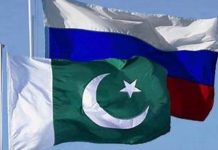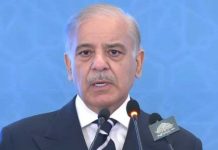DNA
Islamabad: SEPT 20 – FPCCI’s Businessmen Panel on Sunday stressed the importance of strong industry-academia linkages for commercialisation of innovative business ideas of students in order to improve economic growth of the country.
Secretary General (Federal) of the Businessmen Panel Ch. Ahmad Jawad said that in recent times industries have been increasingly relying on technology based solutions to solve various problems. He said that universities being the hub of research and development activities should play an enhanced role in suggesting innovative solutions to problems faced by industries and the society at large.
He emphasised that universities should focus on applied research to accelerate industrial development. He said that over 60 per cent of the population of Pakistan comprises of youth adding that universities should focus on fostering entrepreneurship in students to make them job creators instead of job seekers.
Jawad said that research departments of universities are conducting good research in various fields, but due to lack of coordination, local industry is not benefiting from such efforts. In this regard HEC should draw a mechanism for the collaboration, as universities can help in improving the productivity, efficiency and competitiveness of industry through strong academia-industry linkages.
He also said that Pakistan’s national interest demands reduction in heavy dependence on foreign countries and aid agencies in order to develop a viable self-sustaining economy.
“weak governance, lack of commitment, corruption, external and internal threats has led to Pakistan being heavily reliant on foreign assistance”.
We have to recognise the paradoxes that we face. We are proud to be a nuclear-armed country, and justifiably so, but on the other hand we are so dependent on others to keep our economy afloat. This is a huge contradiction,” said Jawad.
The BMP secretary general also expressed surprise over the instability of Pakstani rupee despite an improving current account position, seeking the central bank’s intervention for stability.
“We have to draw a new strategy for effective stabilisation, rely on our existing resources, reduce the cost of expenditures, strengthen agriculture and revise the strategy of free float of the dollar,” he said.











